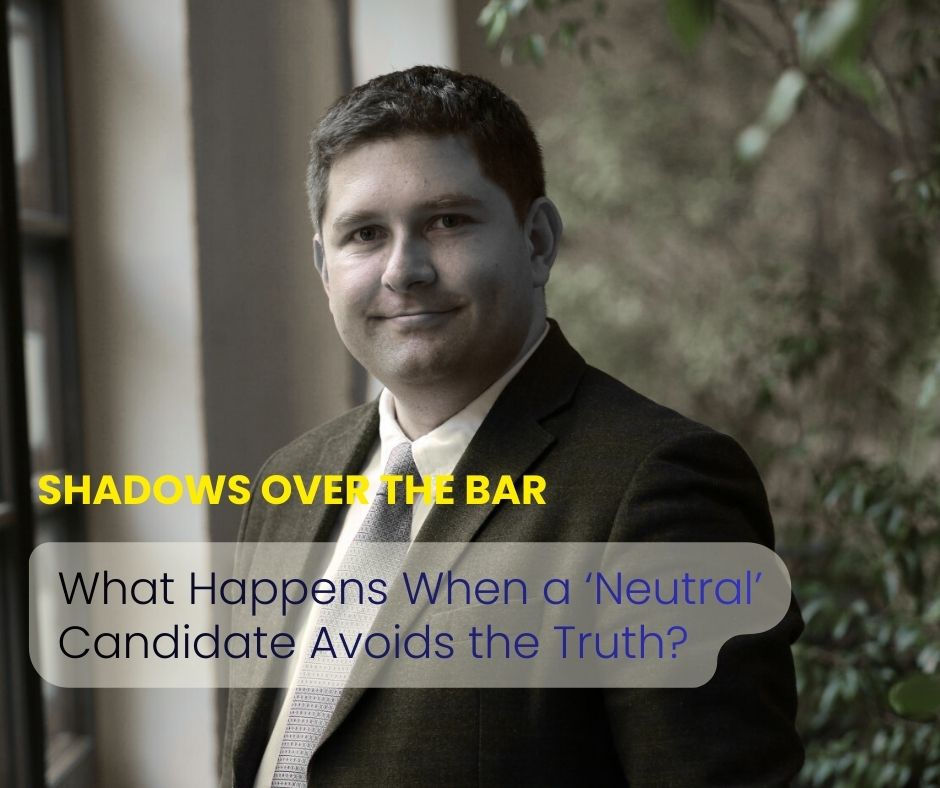Information Warfare and Geo-Political Shifts in Georgia
- Redaktion| Tiflis24

- Jun 6, 2025
- 4 min read
“Stateless people.” “Foreign agents.” “Radicals.” “The Global War Party.” “The Deep State.” - These are just some of the labels Georgians hear daily from top government officials. For over two years, the public has been bombarded with hate campaigns, disinformation, and smear efforts — often carried out by coordinated networks, anonymous social media pages, and state-aligned media.
As Georgians headed to the polls on October 26, 2024, the fight wasn’t over policy — it was over reality itself. In the months leading up to and following the election, the ruling Georgian Dream (GD) party launched a full-blown information war. Blending Kremlin-style tactics with local conspiracy theories, the government created an alternate narrative: one where civil society is a foreign weapon, the West is the enemy, and protests are U.S.-funded coups.
According to the Media Development Foundation, over 4,000 anti-Western messages were documented between July and September 2024. Most of them targeted the "collective West" (32.9%) and the U.S. (23.3%), followed by pro-Russian messages (13.1%) and attacks on the EU (11.5%) and NGOs (9.7%). Russia stood out as the only actor portrayed neutrally — or even favorably.
Campaign of Fear: How the “Global War Party” Took Over the Narrative
The disinformation wasn’t limited to social media. Then came the billboards: haunting images of Ukraine’s bombed places juxtaposed with peaceful Georgian streets, accompanied by slogans like “Say No to War” and the number 41 — GD’s electoral symbol — framed as the only path to peace. The message was clear: voting for the opposition was voting for war, voting for Georgian Dream meant peace.
At the center of it all was the “Global War Party” conspiracy — the idea that Western governments, NGOs, and opposition parties were secretly working to drag Georgia into conflict with Russia. Pro-government TV channels, especially Imedi TV, ran with this narrative nonstop. A CRRC-Georgia survey found that one-third of Georgians believed this theory, and 72% of those believers saw it as a major national threat.
Behind the Curtain: Russia’s Role in Shaping the Election
The International Society for Fair Elections and Democracy (ISFED) tracked both official campaign messaging and anonymous pages during the 2024 elections. ISFED researcher Eka Janiashvili said the volume of anti-Western content had dramatically increased:
“We saw a coordinated surge in narratives attacking the West and its leaders. These were often echoed by fake accounts and troll networks,” she explained.
This messaging wasn’t just homegrown. Russia’s Foreign Intelligence Service (SVR) accused the U.S. of trying to overthrow the Georgian government. Russian-run accounts in the Georgian language mirrored the Georgian Dream line, claiming the U.S. was planning a color revolution using local NGOs and media.
“Our main finding,” Janiashvili noted, “was that the Russian messaging was nearly identical to the official narrative pushed by Georgian Dream — framing the civil sector as a tool of Western interference.”
Breaking Point: November 28 and the Authoritarian Turn
After the election, the government didn’t de-escalate — it doubled down.
On November 28, just minutes after the Prime Minister announced that EU membership talks would be frozen until 2028, crowds spontaneously filled Rustaveli Avenue in Tbilisi. The protest was swift and massive — a sign of growing public anger.
But instead of responding to demands, Georgian Dream labeled the protests a Western plot. State officials and pro-government media revived the “Global War Party” narrative, now claiming that the U.S. and EU were using Georgia to open a “second front” against Russia — turning it into “the next Ukraine.”
“After November 28, a full-on anti-protest campaign emerged,” Janiashvili recalled. “Messages claimed the protests were violent, foreign-funded, and led by paid agitators. Even foreign ambassadors became targets of smear campaigns.”
Anonymous pages, state-friendly media, and Kremlin-linked networks pushed the same message: protesters were enemies of the state, and anyone supporting them was part of a foreign conspiracy.
Legal Warfare: Turning Propaganda into Policy
In parallel, the government began tightening its grip through law.
Since early 2023, Georgian Dream has passed 16 controversial legislative changes. Among them:
Two repressive “foreign agent” laws targeting civil society and media, carrying prison sentences for noncompliance.
A ban on gender-affirming healthcare and so-called “LGBT propaganda.”
Electoral changes weakening oversight and making it easier to ban opposition parties.
Laws criminalizing “insults” to officials, restricting protests, limiting media access to parliament, and tightening drug regulations.
New rules cutting off foreign funding to NGOs, removing gender quotas, and eliminating civil society’s role in policymaking.
Taken together, these laws centralize power, criminalize dissent, and isolate Georgia from its Western path.
Moscow’s Mirror: The Kremlin’s Shadow Over Georgia
The strategy has a familiar source. Many of Georgian Dream’s tactics mirror the Kremlin’s own playbook.
Russian media eagerly amplified the government’s line — from claims of U.S. interference to bizarre stories about Ukrainian snipers sent to destabilize Tbilisi. A 2024 joint study by ISFED and Media Development Foundation uncovered a network where pro-government influencers, state-linked media, and anonymous accounts worked together to smear critics and spread fear.
Independent journalists were attacked online. NGOs were labeled foreign agents. Investigative outlets were drowned out by memes, fake leaks, and character assassinations.
A Nation on the Edge
By early 2025, Georgia's democracy was in crisis.
International watchdogs sounded the alarm. The EU condemned the crackdown on civil society. At home, journalists, students, and activists found themselves under increasing pressure — not just on the streets, but across the entire information space.
What makes Georgia’s situation so dangerous is the perfect storm it faces:
Kremlin-style disinformation
A domestic propaganda machine
A legal crackdown on dissent
Together, these forces are pulling Georgia away from its democratic aspirations and closer to authoritarianism.
But resistance persists. Despite the crackdown, people still take to the streets, independent media keep reporting, and civil society continues to fight for the truth.





Comments